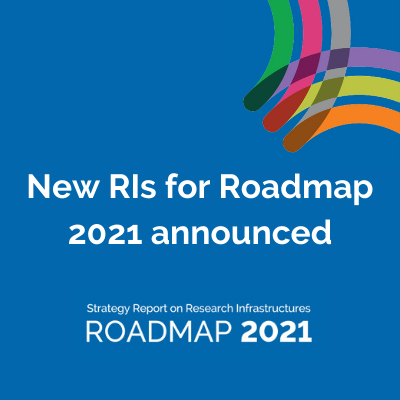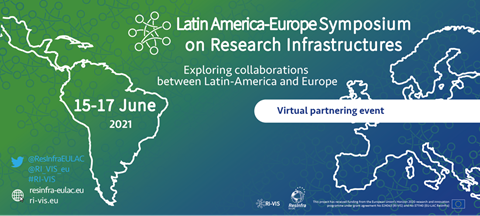The EU-LAC ResInfra project is organising a workshop on the capabilities of existing advanced networks between Europe and Latin America and the Caribbean (LAC). This online event, which is organised together with the Latin American Cooperation of Advanced Networks (RedCLARA), will take place on October 14, 2021. Following the completion of EllaLink —the transatlantic high-connectivity cable linking Europe and LAC that was implemented by RedCLARA and the pan-European advanced network GÉANT— this event will discuss the capabilities of the existing advanced networks between these regions. In order to present to the scientific community the opportunities generated by these links, the existing advanced services will be discussed and examples of advanced network services and initiatives between Europe and LAC will be shown.
The executive director of RedCLARA, Luis E. Cadenas, will open the event to present the EllaLink project and its potentials. The EU-LAC ResInfra project will be presented by Inmaculada Figueroa (Ministry of Science and Innovation – Spain), while Alberto Pérez (RedIRIS) will speak about the advanced services provided by academic networks. Other initiatives such as LaConga y LAGO will also be presented. All the speakers will participate in a roundtable at the end of the event.
The detailed agenda is available aquí.
Please register here.
The workshop will take place in Spanish using the Zoom Platform.










